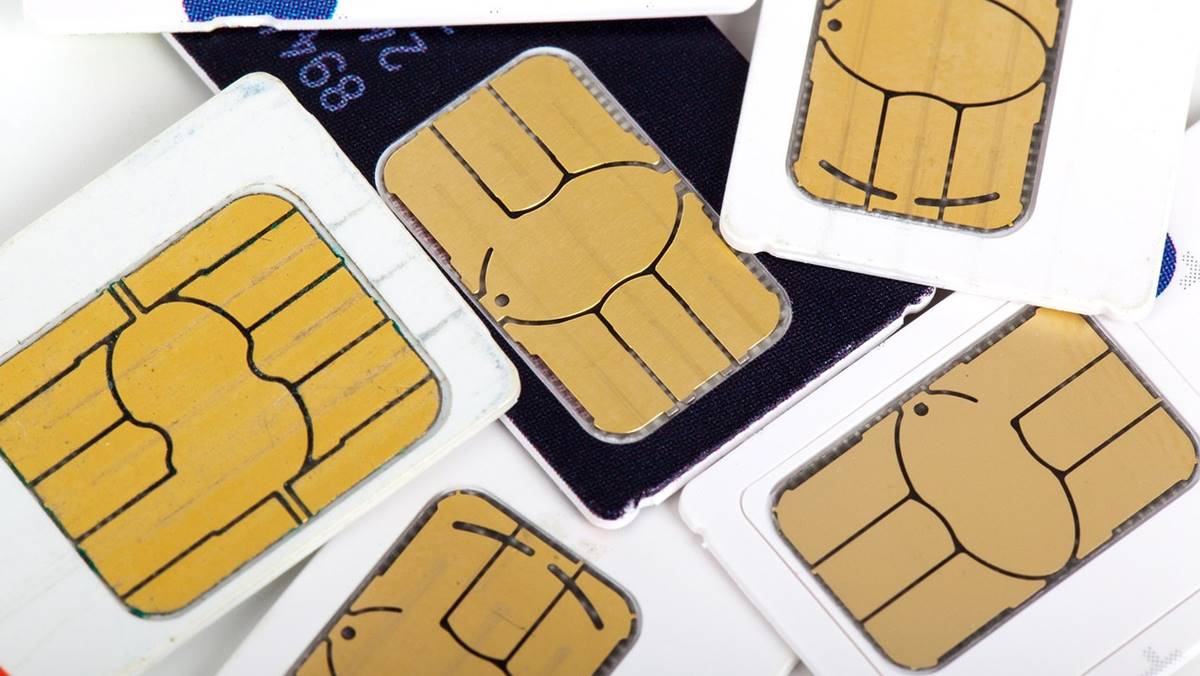The federal government has made a big decision to stop the issuance of illegal SIMs in the country. The Pakistan Telecommunication Authority (PTA) has proposed significant changes to the PECA Act of 2016, suggesting that the illegal sale of SIMs should be deemed a severe and non-bailable offense.

To counter the distribution of fake fingerprints, the PTA is in the process of replacing Non-Live Finger Detection devices with more advanced Live Finger Detection systems, already implemented in 95% of devices to eliminate the use of fabricated prints.
The PTA has been actively blocking illegally issued SIM cards from various telecommunication companies, having already obstructed 850,000 of them in 2023. Their crackdown has extended to terminating approximately 8,500 retailers and 100 franchisees, all involved in the unauthorized issuance of SIM cards, with 13 raids conducted by the PTA and FIA in 2023 leading to 19 arrests.
This stringent approach includes imposing substantial fines on Cellular Mobile Companies (CMOs) found guilty of selling SIMs without authorization. Notably, fines amounting to Rs. 100 million on Zong, Rs. 70 million on Ufone, and Rs. 21 million on Telenor have been levied by the PTA.
To ensure a more transparent SIM issuance process, the PTA is enforcing SIM Stock Binding at the franchisee level, intending to implement this industry-wide by the year’s end. Additionally, they are pushing for a robust system of seller authentication, involving three layers of verification—login/password, OTP, and biometrics—to be rolled out across all CMOs.
This comprehensive effort by the government and the PTA underscores a clear commitment to cracking down on the illegal issuance of SIM cards. By instituting stricter regulations, technological upgrades, and stringent enforcement, they aim to create a more secure and accountable system in the telecommunications sector, ensuring that SIM cards are distributed lawfully and transparently, ultimately enhancing safety and security in the country.

















